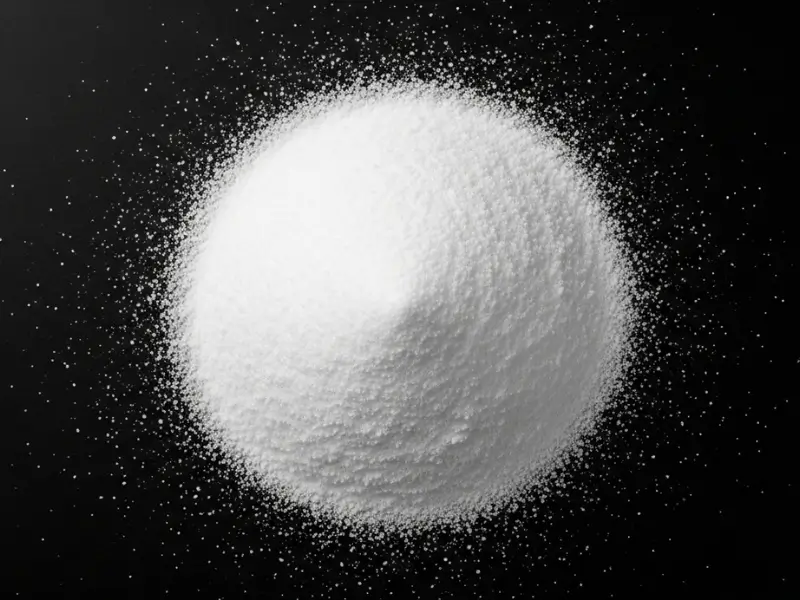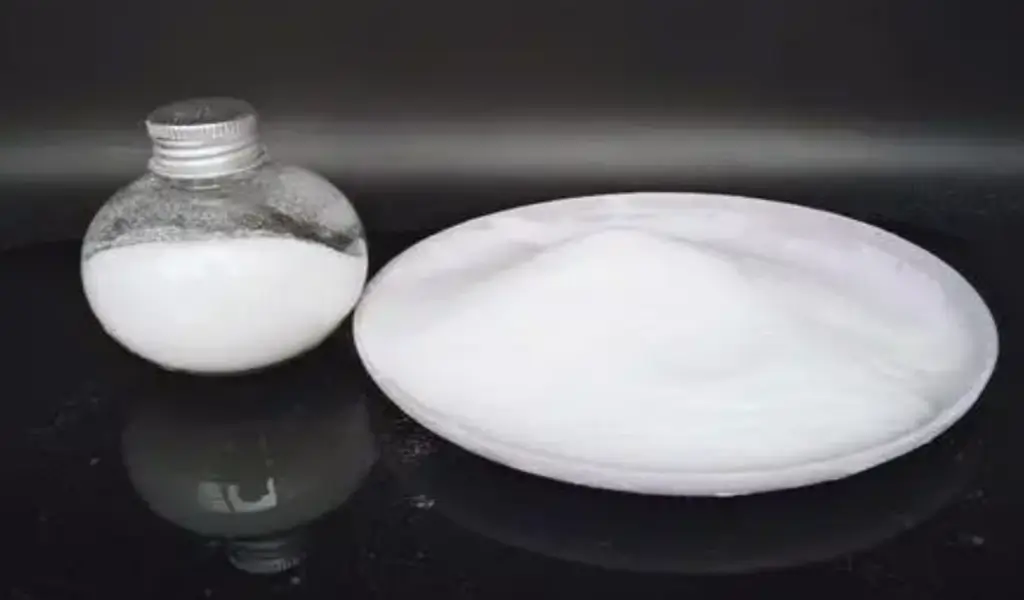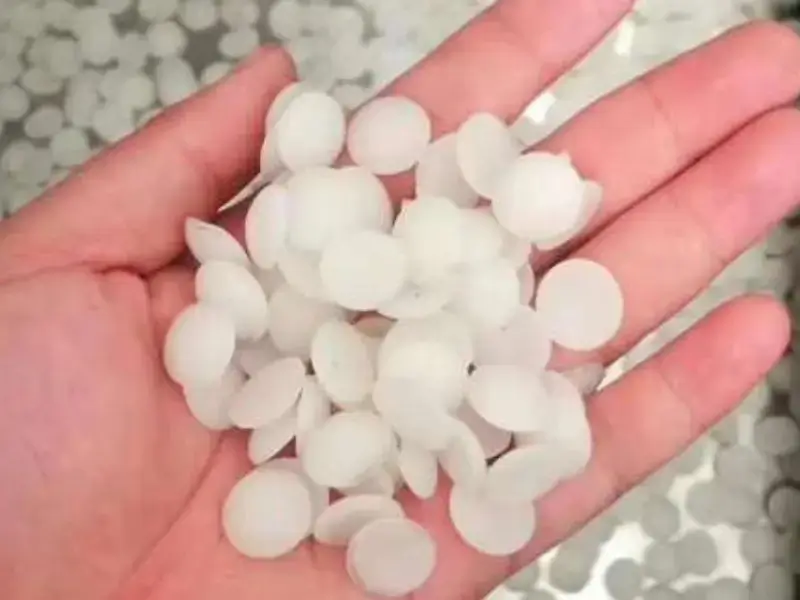Sourcing durable and heat-resistant materials is a challenge. Many industries struggle with options that fail under pressure. CPVC offers a reliable solution for harsh environments.
Chlorinated Polyvinyl Chloride (CPVC) is a thermoplastic known for its high heat resistance, chemical durability, and strength. It is widely used in piping systems, industrial applications, and fire sprinkler systems.
A microscopic view of CPVC’s structure, highlighting its molecular composition and high resistance to heat and chemicals.
CPVC stands out due to its superior temperature tolerance and chemical resistance. Understanding its benefits, types, and applications helps in making informed sourcing decisions.
What is CPVC?
Industries need strong, heat-resistant materials. Many options weaken under high temperatures or react with chemicals. CPVC overcomes these problems.
CPVC is a modified version of PVC, with added chlorine content that enhances its thermal and chemical resistance. It is ideal for demanding applications like industrial piping and fire protection systems.
CPVC pipes used in industrial applications, showcasing their durability and structure.
CPVC provides enhanced durability compared to standard PVC. Its superior resistance to high temperatures and chemicals makes it a preferred choice for industries requiring long-lasting materials.
What Is the Difference Between CPVC and PVC?
Choosing the right material for pipelines and industrial use is crucial. Many assume CPVC and PVC are the same, but they differ significantly.
CPVC contains a higher chlorine content than PVC, making it more heat and chemical resistant. CPVC withstands temperatures up to 200°F, while PVC is limited to about 140°F.
A direct comparison of CPVC and PVC pipes, highlighting differences in heat tolerance and chemical resistance.
Comparison Table
| Feature | CPVC | PVC |
|---|---|---|
| Heat Resistance | Up to 200°F (93°C) | Up to 140°F (60°C) |
| Chemical Resistance | Excellent | Moderate |
| Strength | High | Standard |
| Common Applications | Industrial piping, hot water systems | Drainage, irrigation |
Understanding these distinctions ensures the right material choice for industrial applications.
Basic Physical Properties of CPVC
Durability and chemical resistance define CPVC’s advantages. These properties determine its application in different industries.
CPVC offers superior mechanical strength, heat resistance, and excellent fire retardancy. It maintains stability in harsh conditions, making it ideal for industrial and residential use.
Detailed breakdown of CPVC’s physical properties, showing its heat resistance and chemical durability.
Physical Properties Table
| Property | CPVC Specification |
|---|---|
| Density | 1.50 – 1.58 g/cm³ |
| Tensile Strength | High |
| Heat Resistance | Up to 200°F |
| Fire Retardancy | Self-extinguishing |
These properties make CPVC a reliable material for industries needing strong, long-lasting solutions.
CPVC Product Types
CPVC is versatile, available in different forms for various applications. Each type suits specific industrial needs.
CPVC is available in pipes, fittings, sheets, and coatings, ensuring broad application in construction, plumbing, and industrial projects.
A range of CPVC products including pipes, sheets, and fittings, designed for industrial applications.
CPVC Product Types Table
| Type | Description |
|---|---|
| CPVC Pipes | Used in plumbing, industrial piping, and chemical handling |
| CPVC Fittings | Connect CPVC pipes securely |
| CPVC Sheets | Used for manufacturing tanks and industrial structures |
| CPVC Coatings | Protective layers for chemical resistance |
Understanding these product variations helps in selecting the right CPVC solution for specific needs.
Common Applications of CPVC
Material choice affects durability and efficiency. CPVC excels in many demanding environments.
CPVC is widely used in plumbing, industrial piping, fire sprinkler systems, and chemical processing due to its heat and corrosion resistance.
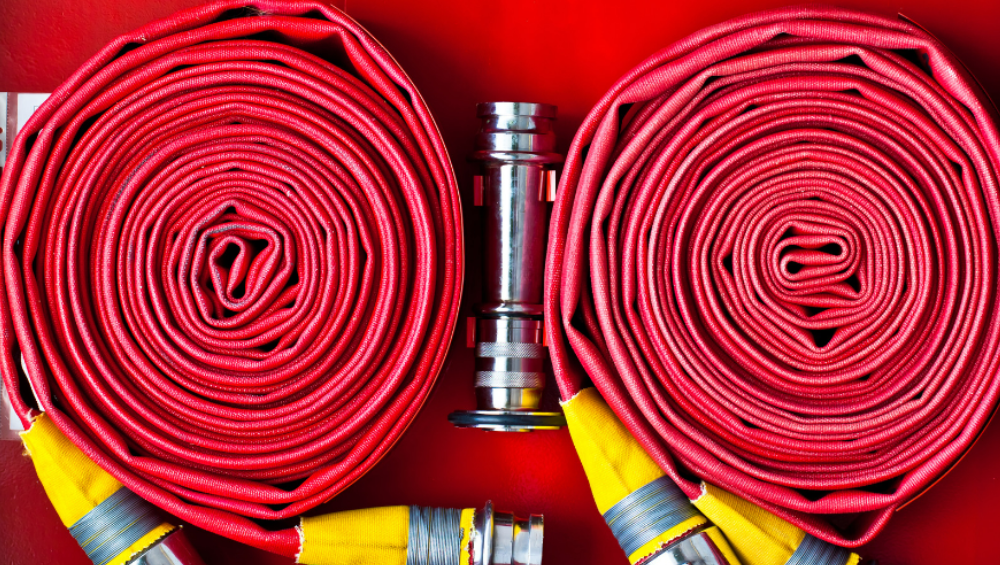
Examples of CPVC usage in construction, industrial processing, and water treatment systems.
Industries rely on CPVC for its reliability in high-stress environments, reducing maintenance and replacement costs.
Other Uses for CPVC
Beyond industrial piping, CPVC has other applications that maximize its properties.
CPVC is used in coatings, cable insulation, medical devices, and wastewater treatment, benefiting from its strong chemical resistance.
CPVC applied in medical devices, coatings, and wastewater systems, demonstrating its versatility.
Its adaptability makes it essential in specialized fields where chemical resistance and durability matter.
Different Types of CPVC Pipes
Choosing the right CPVC pipe ensures system longevity and efficiency.
CPVC pipes vary in pressure ratings and thickness, catering to different industry needs like plumbing and chemical handling.
CPVC pipes categorized by size, thickness, and application, ensuring proper selection for different uses.
Pipe selection depends on factors like operating temperature, pressure, and chemical exposure.
CPVC Installation
Proper installation enhances CPVC’s performance and lifespan.
CPVC installation requires solvent welding, ensuring leak-proof connections and long-term reliability in high-stress environments.A visual guide to CPVC pipe installation, showing solvent welding techniques for secure connections.Following best practices prevents issues like leaks and material degradation.
Why Not All CPVC Is the Same
Not all CPVC products meet the same quality standards.
Manufacturing processes, resin quality, and additives affect CPVC performance, making sourcing from trusted suppliers crucial.
Comparison of high-quality and low-quality CPVC materials, emphasizing sourcing importance.
Choosing premium CPVC ensures reliability, safety, and longevity in industrial applications.
Where to Buy DXD® CPVC
Reliable suppliers ensure product consistency and compliance.
DXD® CPVC offers high-quality materials, competitive pricing, and technical support for global clients.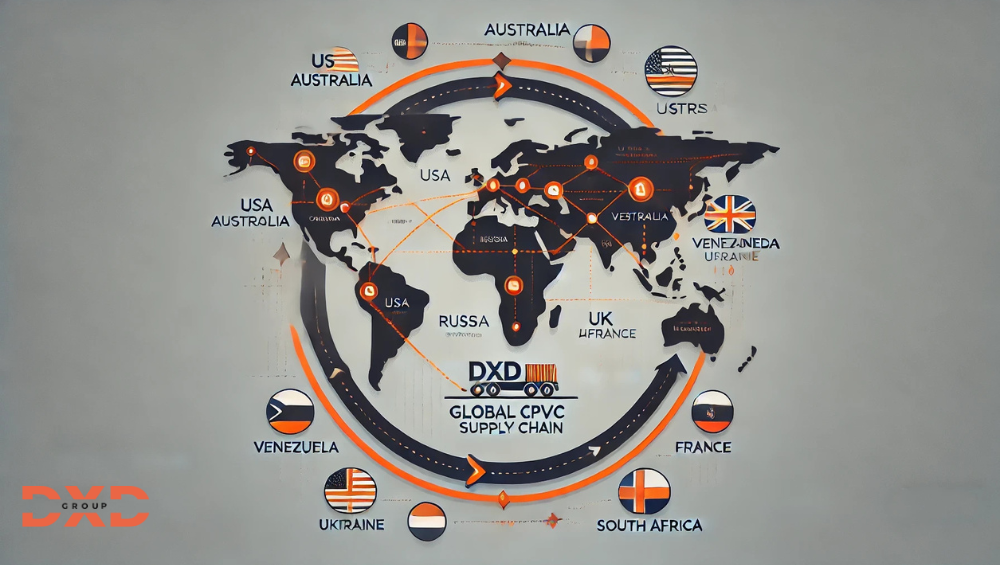
DXD’s global supply network, providing CPVC solutions to industrial buyers worldwide.
Our CPVC solutions cater to industries demanding high-performance materials.
Conclusion
CPVC’s strength, heat resistance, and chemical durability make it ideal for demanding applications. Sourcing from trusted suppliers ensures long-term reliability.

